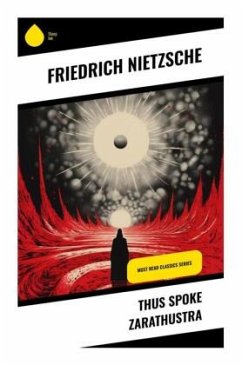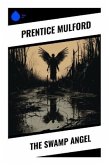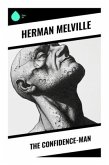In 'Thus Spoke Zarathustra,' Friedrich Nietzsche presents a profound philosophical narrative that interweaves a poetic exploration of ideas with a rich allegorical framework. The book follows Zarathustra, a prophet-like figure who descends from his mountain retreat to impart his insights on the nature of humanity, morality, and the concept of the Übermensch, or 'Overman.' Written in a distinctive, lyrical style reminiscent of biblical prose, the text challenges traditional values through its embrace of individualism and the revaluation of morality, all while engaging with contemporary philosophical discourses of the 19th century, particularly existential and nihilistic themes. Nietzsche, a German philosopher often hailed as a precursor to modern existentialism, draws from his own experiences with alienation and his critiques of established belief systems, particularly Christianity. His struggles with health, combined with his desire to transcend societal norms, shaped his thought-provoking ideas presented in this seminal work. The mixture of tragedy, joy, and philosophical inquiry reflects Nietzsche's ambition to grapple with humanity's eternal quest for meaning in a seemingly indifferent universe. This book is essential reading for anyone interested in philosophy, literature, and the human condition. Nietzsche's intricate prose and challenging ideas compel readers to confront their own beliefs and societal structures, making 'Thus Spoke Zarathustra' not merely a philosophical treatise, but a transformative experience that resonates through the ages.
Bitte wählen Sie Ihr Anliegen aus.
Rechnungen
Retourenschein anfordern
Bestellstatus
Storno








